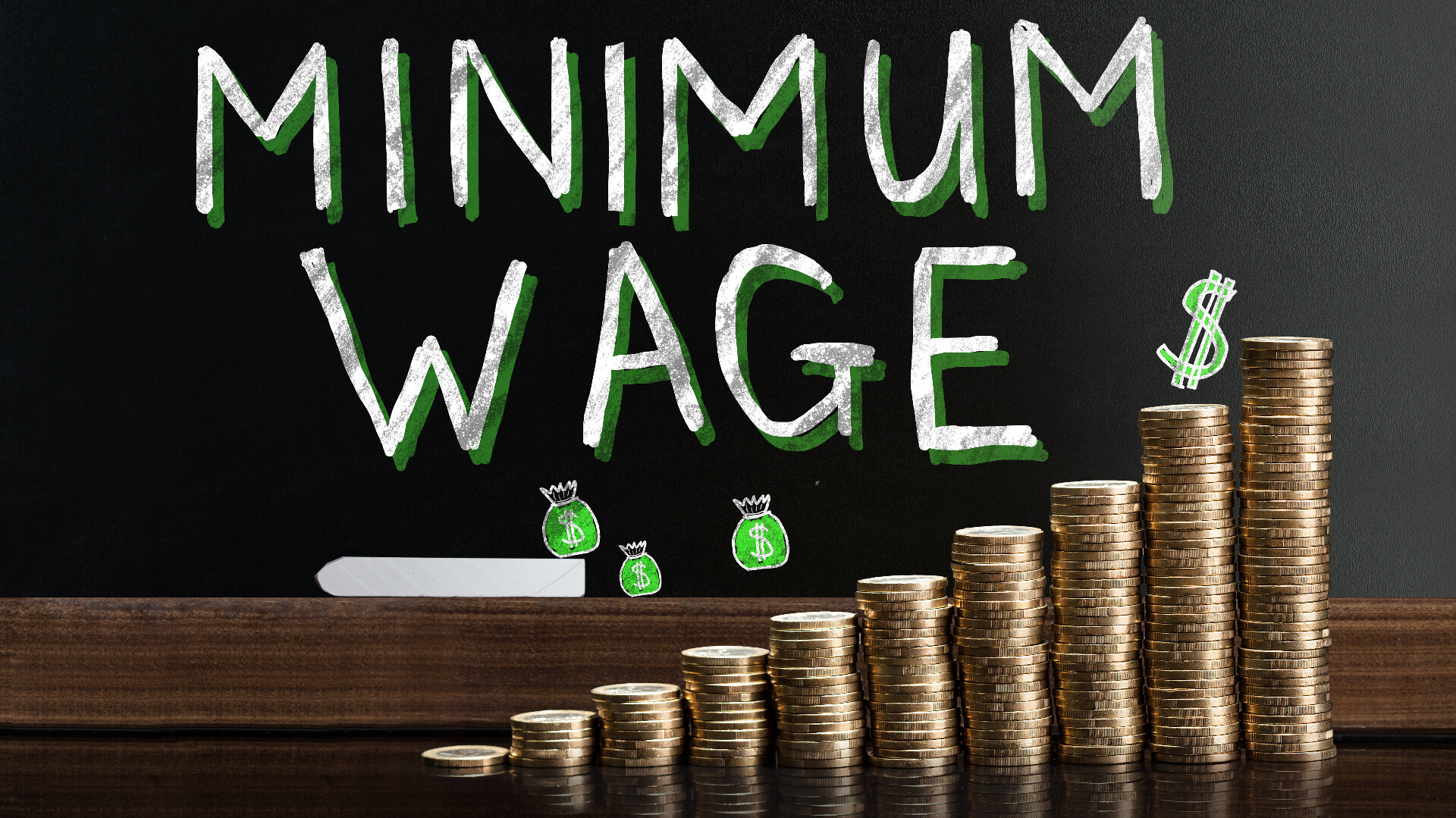Back in 2022, the previous Seattle City Council passed legislation that set the minimum wage for food delivery workers, working for organizations such as Grubhub and Uber Eats, at $17 per hour. To cover the additional regulatory cost and other fee increases, Uber Eats has just added a $5 local operating charge to every trip in Seattle. Doordash is taking a similar approach, adding a regulatory response fee to cover the cost of the Seattle taxation policy.
Washington Policy Center predicted this outcome when the original increase was passed.
Uber, Lyft, Grubhub, Doordash and Uber Eats and the other transportation networks (TNC’s) in the gig worker economy are successful because they provide a market driven, convenient, needed service at low cost. When governments overregulate, costs ultimately go up.
The city’s involvement is an overreach, as gig worker service costs and wages should be market driven.
The advent of the gig economy services has provided millions of Americans with more cost-effective transportation and cheap food home delivery. This free-market solution has increased the consumer more flexibility to acquire a personalized service that fits his or her unique needs.
Services like Doordash and Uber Eats have been invaluable, particularly during the pandemic, providing cost effective food delivery and much needed income for workers unable to work full time due to government mandated lockdowns.
The newly elected Seattle City Council has an opportunity to reverse course and reduce the fees and restrictions imposed on companies like Uber Eats and Doordash. A reversal will create more job opportunities and reduce costs.






